When I spoke to Australian sailor Matt Wearn over the phone, he was in Belgium taking a well-deserved break with his fiancée Emma Plasschaert, following his gold-medal win in the Men’s Laser class at the Tokyo 2020 Olympic Games.
“It has been nice to chill out for five minutes after a pretty hectic five years,” said the 25-year-old Perth-born sailor, who was kind enough to talk to me at 7.30am (Central European Time).
“I’m on the opposite side of the world at the moment but looking forward to getting home eventually and celebrating with my family and enjoying the gold medal again,” Wearn said.
Wearn, who started sailing from a young age at Royal Perth Yacht Club, was one of the huge success stories at the Olympics. He recovered from an unfortunate start to the event, held on Enoshima Harbour, to claim the gold medal with one race to spare. It was an amazing feat, considering the added pressure of continuing Australia’s Olympic gold-medal streak in the Laser class. Tom Slingsby won the gold medal at the London Games in 2012 followed by Tom Burton in Rio in 2016.

Australian Sailing took a leap of faith by choosing Wearn as the Olympic representative in the Laser class over Burton — 2016 gold medallist and 2019 Laser World Champion. But that gold medal which, Wearn said, is in a display box on a book shelf in Belgium, is proof the right decision was made.
“You don’t want to be that person who lets down that legacy,” Wearn said. “Probably more pressure was from myself than anyone else — I definitely felt it for sure. But as well, it was a big motivator and a big inspiration to go to Japan and win gold again.”
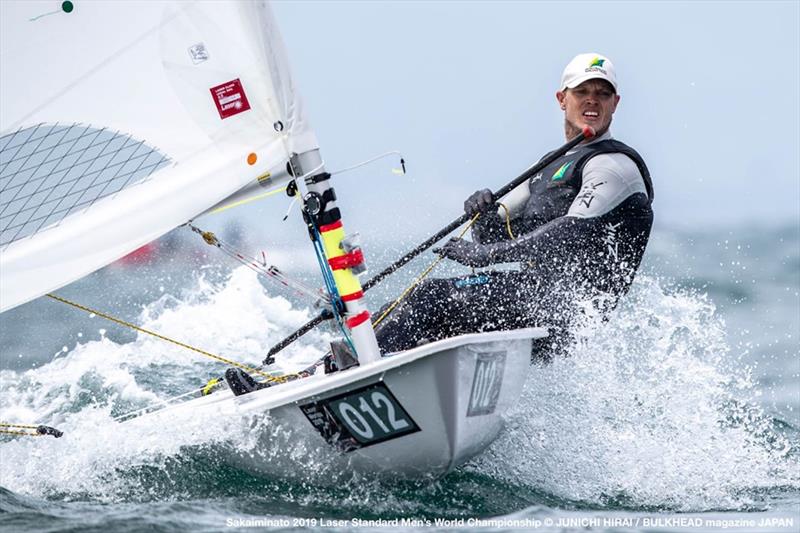
But training for Japan was not easy in the midst of the Covid-19 pandemic. The Australian Sailing Team’s (AST) usual lead-up to an Olympic Games, mainly spent overseas for the European sailing season, was no longer a possibility.
“It was really strange for us. We’re used to doing four or five events a year,” Wearn said. “We went from doing that to doing none in 18 months in the lead-up to the Olympics. It’s a different scenario to what we’re used to.
“But we’ve got a pretty strong squad in Australia, so we relied and lent on that. The boys did all they could to help push me for the Olympics and clearly it worked. They’re a massive part of that gold medal.”
Along with Laser coach Michael Blackburn, or ‘Blackers’ as Wearn calls him, the Laser squad focussed on Wearn’s ‘weakness’ – sailing in light winds – to ensure his readiness for anything that the Tokyo weather threw his way.
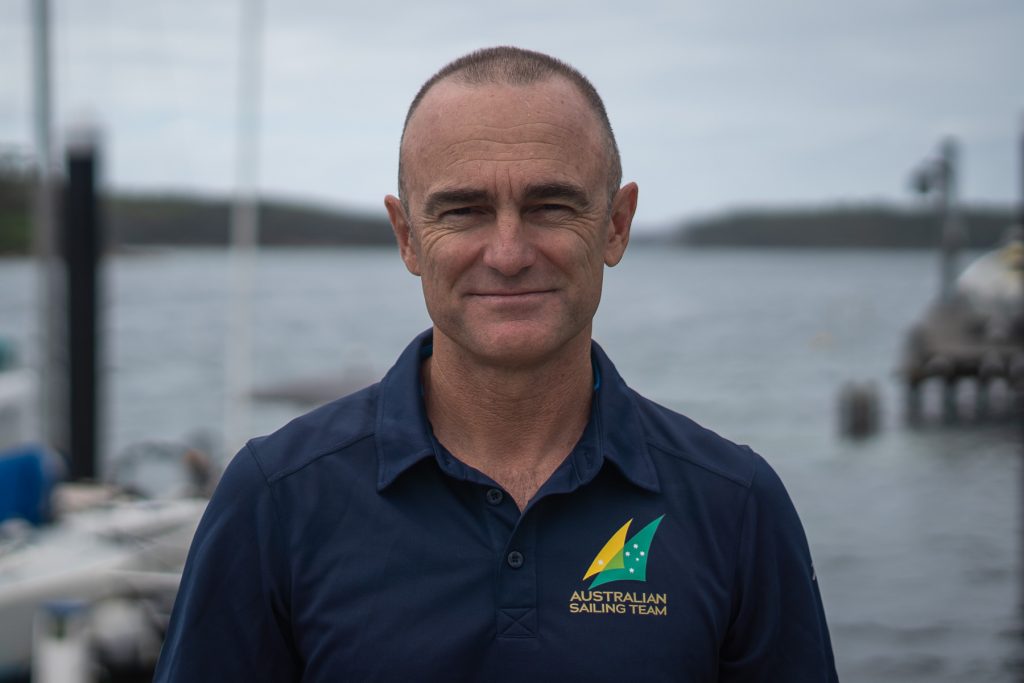
“It just was nice that we had a good range of conditions in the end. I could show my skills in all conditions,” Wearn said.
That’s not to say that the regatta was all smooth sailing for Wearn. He came 17th in the first race and 28th in the second due to gear failure. This put him way out of the top 10 standings overall after two days of racing.
“It was not the ideal start to an Olympics. And you’re sort of doubting your equipment in some sense. With the Lasers all you had to bring were the ropes – and it failed. So it put me in a strange spot, I guess, mentally.”
Along with guidance from Blackburn, the coach responsible for helping bring home two gold medals from the last two Olympics, Wearn was able to re-group. He went on to produce top 10 results for the remaining nine races, including two race wins.
“We sat down and we either had two ways to go,” Wearn said, referring to his collaboration with Blackburn. “It was either curl up in a ball and come 25th at the Olympics or fire up and use it as motivation to perform better and try and make a comeback.
“Obviously you’re not going to choose the first one, you’re always going to choose the latter. The pressure was really wound up, but I don’t mind that.
“… And once I got back in touch with the medals it was a sigh of relief and we could fight for a medal. After the second last day when I moved into the lead, it was a bit like ‘Wow, we can do this, let’s finish it off.’”
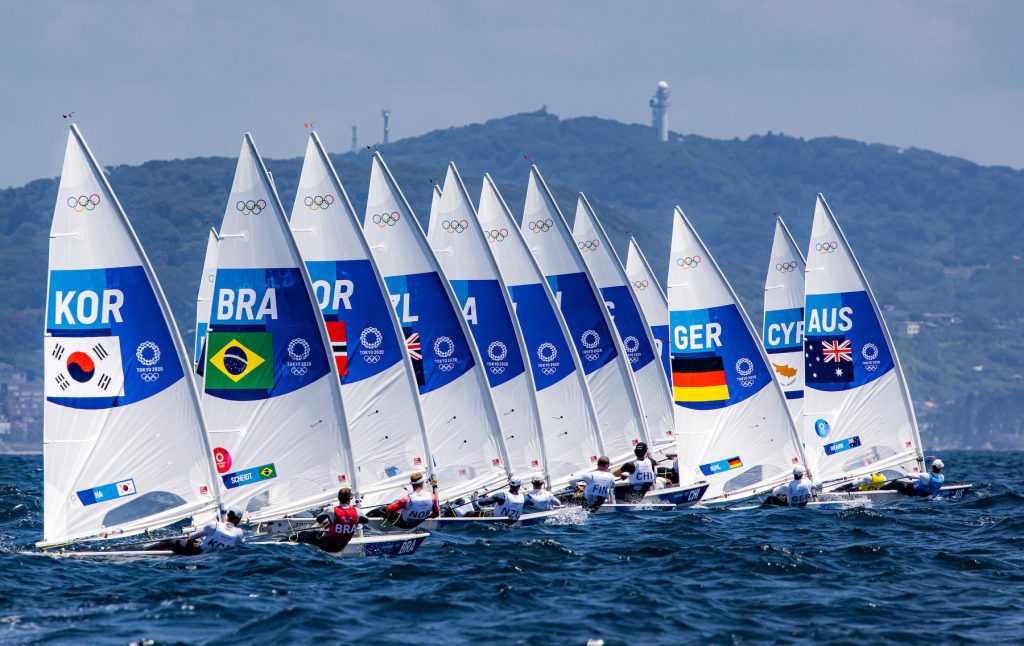
Wearn’s astounding comeback saw him enter the medal race with an unassailable lead. All he had to do was finish.
“It was a strange one. I first and foremost wanted to stay out of the way of the others and avoid penalties.
“But then Blackers and I, … wanted to go out there and have a great race. As soon as we got off the start line and I was clear, I was just happy to knuckle down and get into racing and enjoy the experience.”

Joining Wearn on the podium was silver medallist Croatia’s Tonči Stipanović , 29-points behind Wearn on the leaderboard, and bronze medallist Hermann Tomasgaard from Norway.
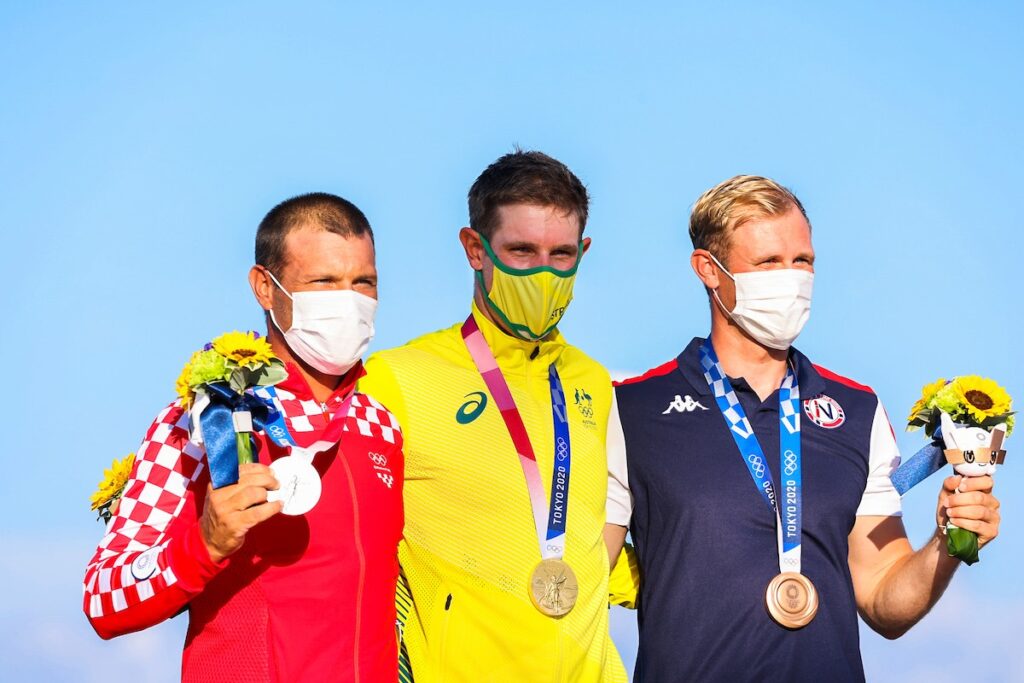
At the medal ceremony, Wearn was able to reflect on the week that had been.
“It’s probably the first time that you stop after coming off the water from the medal race. You start to get a bit of a tear in your eye and think of all the hard work that’s gone into it and everything that you’ve sacrificed.
“It’s a pretty special moment and something that I’ll never forget. It’s phenomenal and it’s nice to be standing on that top step for sure.”
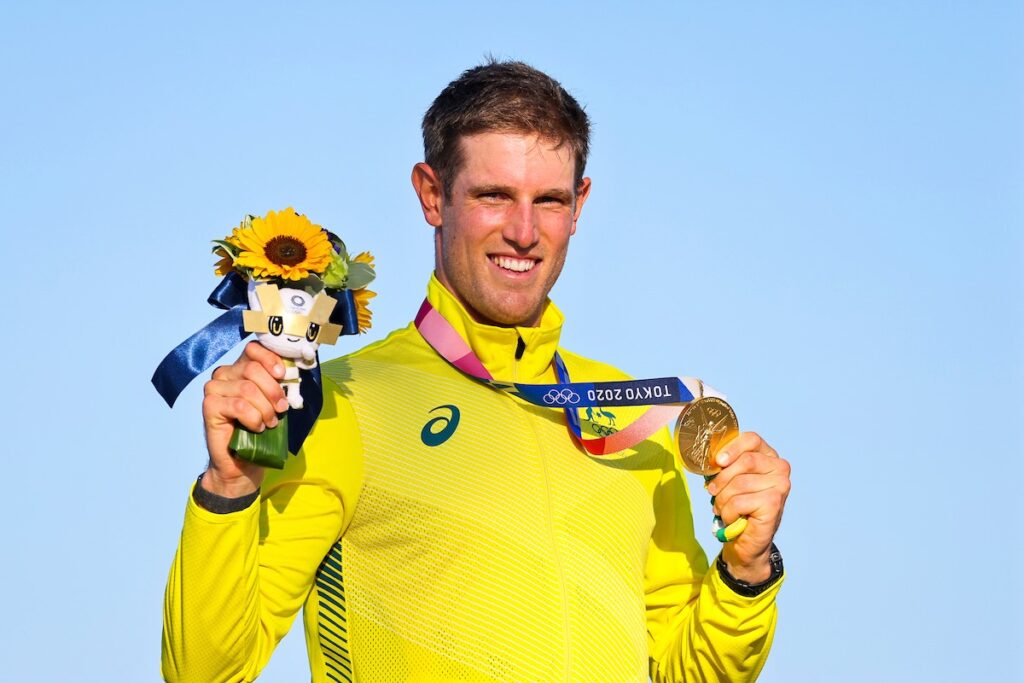
Wearn acknowledges that he wouldn’t have been at the pointy end of the podium without Blackburn. His admiration for Blackburn, his senior coach for almost 10 years, is obvious.
Blackburn’s ability to create gold medallist sailors has been recognised by Australian Sailing which appointed Blackburn as the Technical Director of the AST. In this role, Blackburn will lead the AST and the coaches.
“We have a lot to thank Blackers for. It’ll be a little bit of a shame to see him go,” Wearn said. “But whoever we have next, Blackers will be overseeing and I’m sure we can sculpt them into the gold-medal coach that Blackers was.”
As for the future, Wearn is looking forward to spending quality time with his fiancée Emma Plasschaert, after being apart for the last year or so. Plasschaert came fourth at the Olympics for Belgium in the Women’s Laser Radial.

When it’s time to get back out on the water again, Wearn is keen to join the big guns in big boat sailing. He will be following in the footsteps of Olympians including Tom Slingsby, and Nathan Outteridge.
As for the Laser, Wearn has Paris in his sights and hopes to get back in the dinghy by the end of the year.
“It’s only three years between the Games, so I’m pretty keen to try to defend the gold medal and win another one and try to get a couple of world championships along the way too,” Wearn said, keen to end his second place streak at the Laser World Championship.
A fourth laser gold medal for Australia at an Olympic Games seems like a big ask, but Wearn, cool under pressure, doesn’t see why it’s not possible.
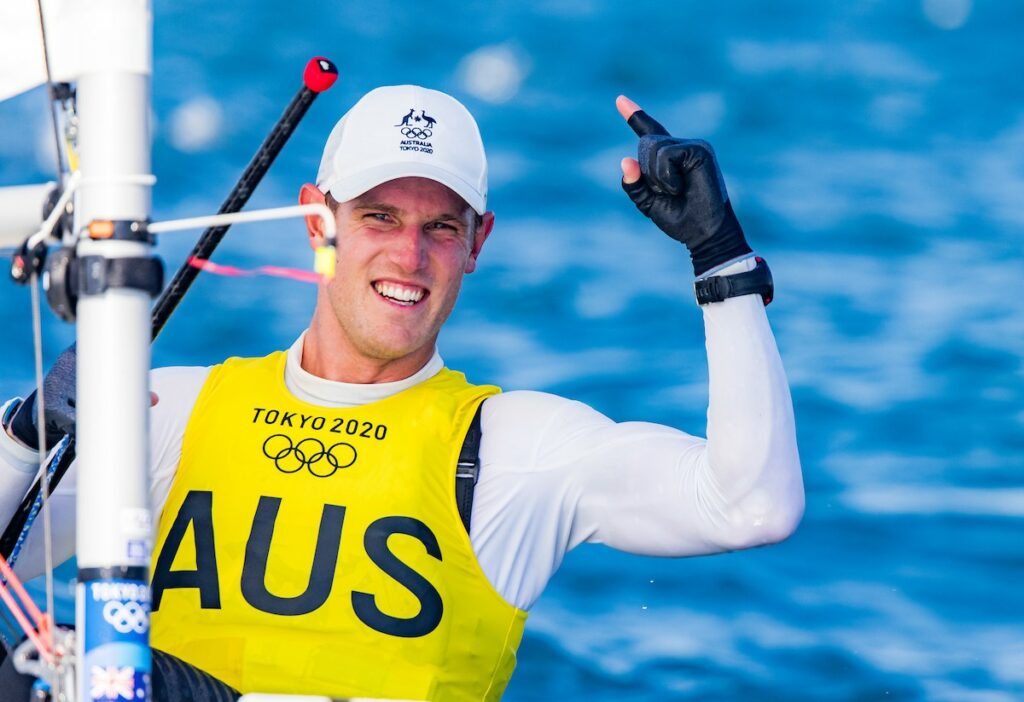
“I’m looking forward to 2028 and 2032, and beyond that we’ve got a strong group of young kids coming through that are eager to continue the legacy. So I don’t see why Australia can’t keep bringing home gold medals in the Laser.”
For the time being, Wearn is happy to chill out in Europe along with his gold medal that, for a moment, seemed out of reach.
“It’s nice to walk past it every day as a constant reminder of what I have achieved and all the hard work that has gone in to that one medal.”
By Greta Quealy

























